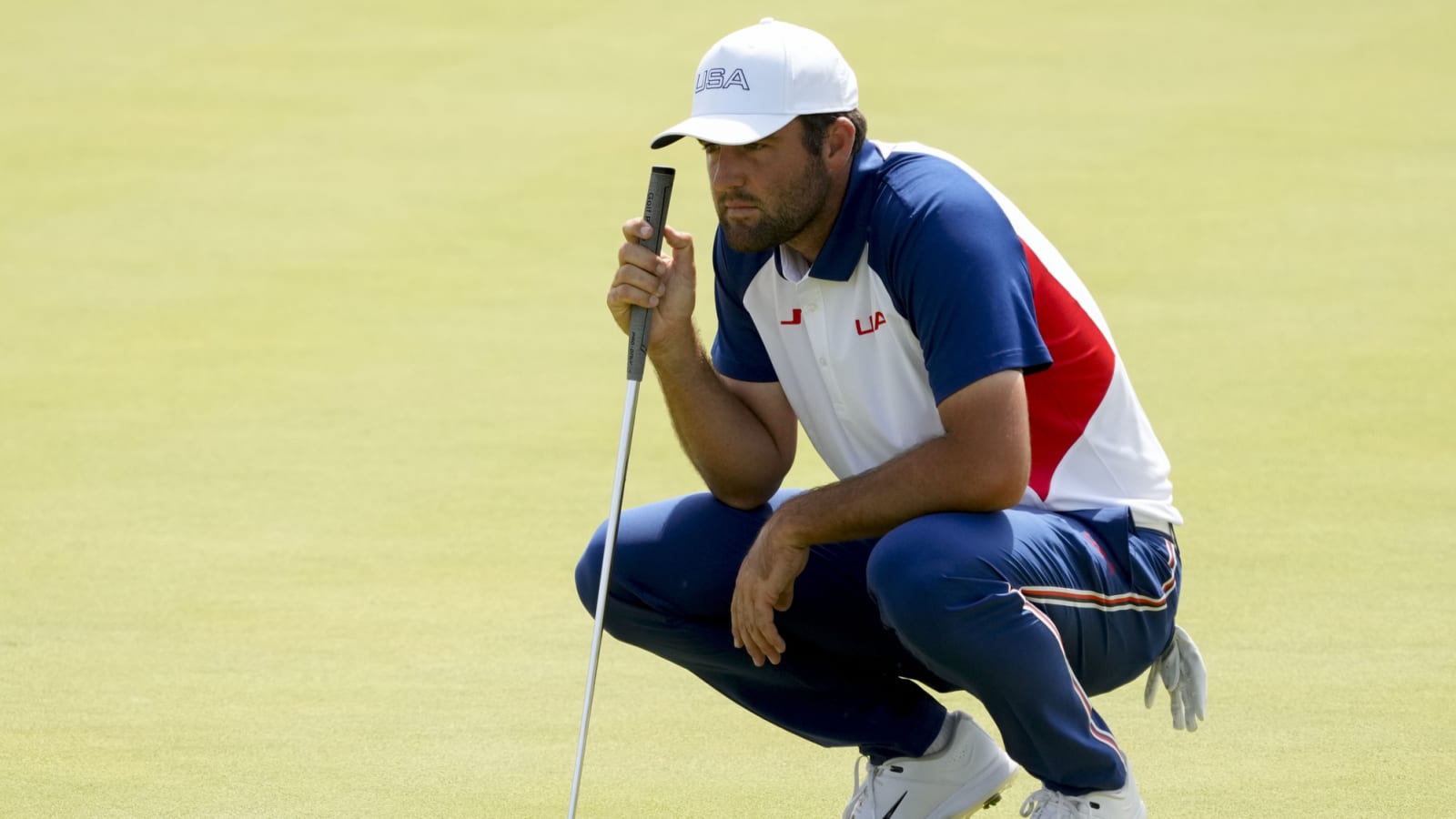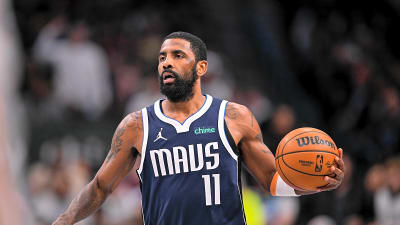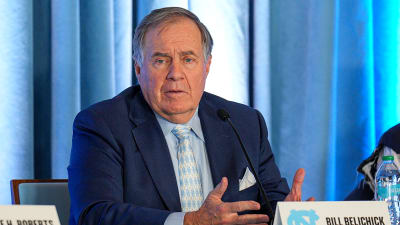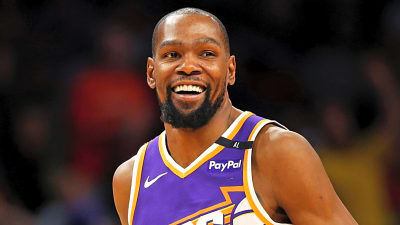
Olympic golf is a testament to the rich history and the significant global presence of the sport, with millions of followers and practitioners. However, golf’s relationship with the International Olympic Movement (IOM) has been complicated.
Although golf has been included in the Olympic Games since Rio 2016, the number of participants is limited, which seems to contradict the basic principles of Olympism, which advocates massiveness and inclusiveness in sport.
The Olympic principle and the limited golf field
The Olympic Movement is founded on the principle that sport is a human right, accessible to all without discrimination. Our mission is to promote mutual understanding, friendship and solidarity on a global scale.
However, the format of Olympic golf stands in contrast to this ideal by limiting participation to only 60 players per gender, thereby reducing the opportunity for more nations and some of the best athletes to compete on this global platform.
The limited number of participants reflects a tension between the need to maintain a high level of competition and the aspiration of the Olympic Games to be a universal event. While golf is considered a global sport, the current format seems more exclusive than inclusive, limiting opportunities for emerging talent from countries with less of a golfing tradition.
This contradiction between the principles of Olympism and golf’s participation structure raises questions about the future direction of the sport within the Olympic framework.
Ranking System: Olympic Golf vs. Open Tournaments
The Olympic Golf qualification system is based on the Olympic Golf Ranking (OGR), which takes into account a golfer’s performance in international tournaments over a two-year period. The top 15 golfers in the world are automatically qualified, with a maximum of four players per country.
The remaining spots are distributed with a limit of two golfers per nation outside the top 15. This system is designed to ensure a balance between the presence of top players and the representation of as many countries as possible.
However, it efectively results in the exclusion of many countries and a good number of top players who may have the talent but not the ranking to participate.
In contrast, events like the U.S. Open or the Open allow for broader and more diverse participation. This tournaments, which are open to a very wide range of any players, reflect a more inclusive approach where both professionals and amateurs have the opportunity to compete on equal terms.
This model raises the question of why Olympic golf cannot adopt a similar approach, allowing for more open participation and better representing the diversity of the sport worldwide.
Towards greater inclusivity in Olympic golf
The current format of Olympic golf has been successful in attracting the world’s best players, but there is room for improvement to fully capture the universal spirit of Olympism. To improve the accessibility of golf at the Olympic Games, the International Olympic Committee (IOC) may wish to consider a number of potential alternatives.
One possible solution is to increase the number of participants so that more countries can be represented. This approach would not only increase competition, but also strengthen the link between Olympism and the promotion of sporting diversity.
Also, a more flexible qualifying system, similar (though not identical) to that used in major championshis, could be adopted, allowing players from around the world to compete regardless of their ranking. One possible solution is to create regional qualifying tournaments that offer direct berths to the Olympic Games, thereby allowing more nations to send representatives.
Another possible option is to vary the format of the Olympic Golf Tournament. This could include the introduction of new modalities that allow for greater participation, such as team or mixed competitions. The Ryder Cup and the Solheim Cup have largely demonstrated the success that these formats can have.
The inclusion of golf in the Olympic Games reflects the ongoing tension between the exclusivity of elite sports and the Olympic ideal of universality. While golf has secured its place in the Olympic Games, its current format limits its potential to become a truly global and inclusive event.
By reviewing and adjusting the classification system and competition format, the IOC has the opportunity to make Olympic golf a sport that truly celebrates diversity and participation, in line with the fundamental principles of Olympism. This would not only benefit athletes and fans, but would also strengthen golf’s position on the world sporting stage and ensure its relevance and appeal at future Olympic Games.
More must-reads:
- Storylines for the Rocket Classic: Collin Morikawa in need of a spark
- Keegan Bradley should make selfish decision after winning the Travelers Championship
- The 'U.S. Open host golf courses' quiz
Customize Your Newsletter
 +
+
Get the latest news and rumors, customized to your favorite sports and teams. Emailed daily. Always free!








